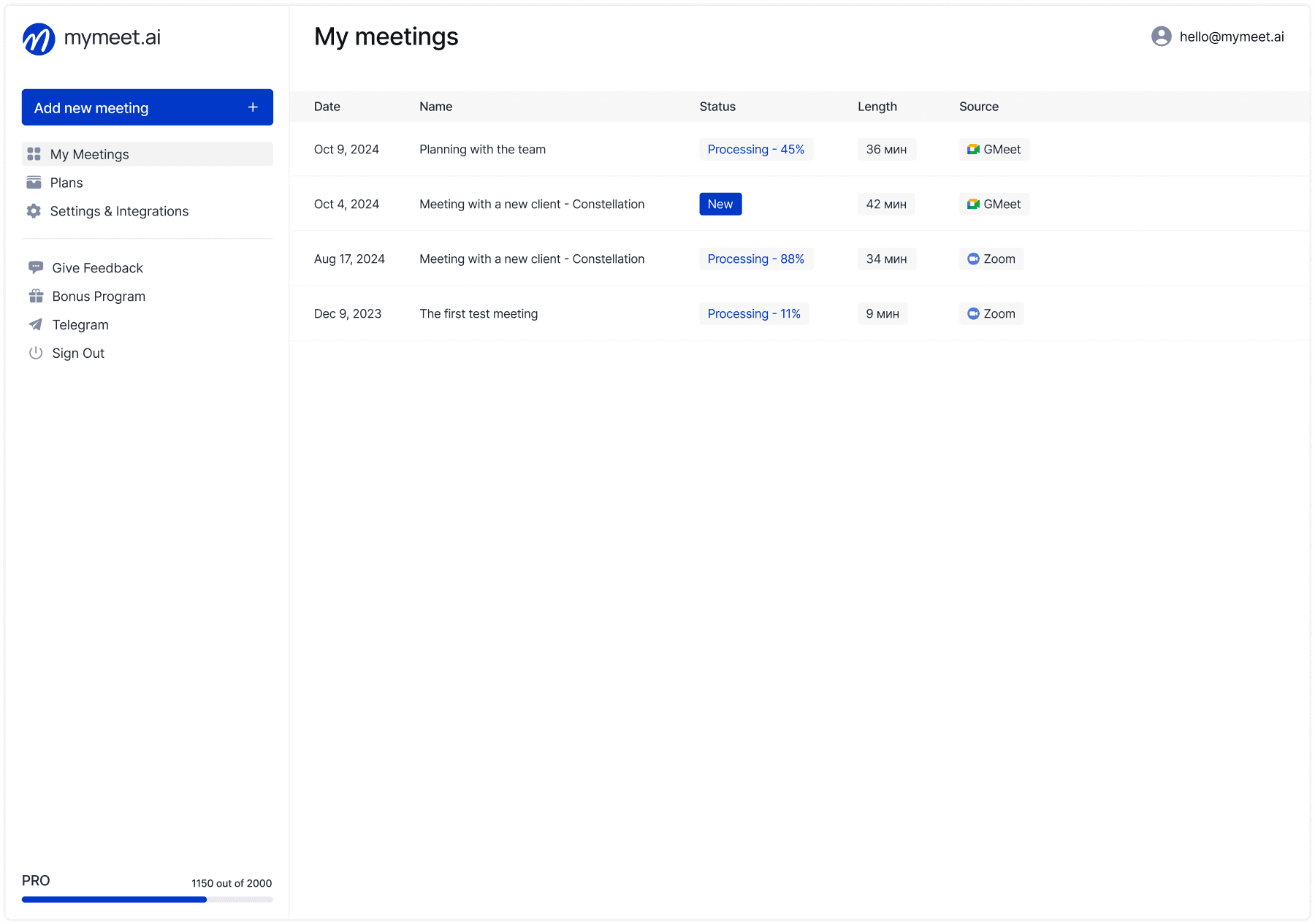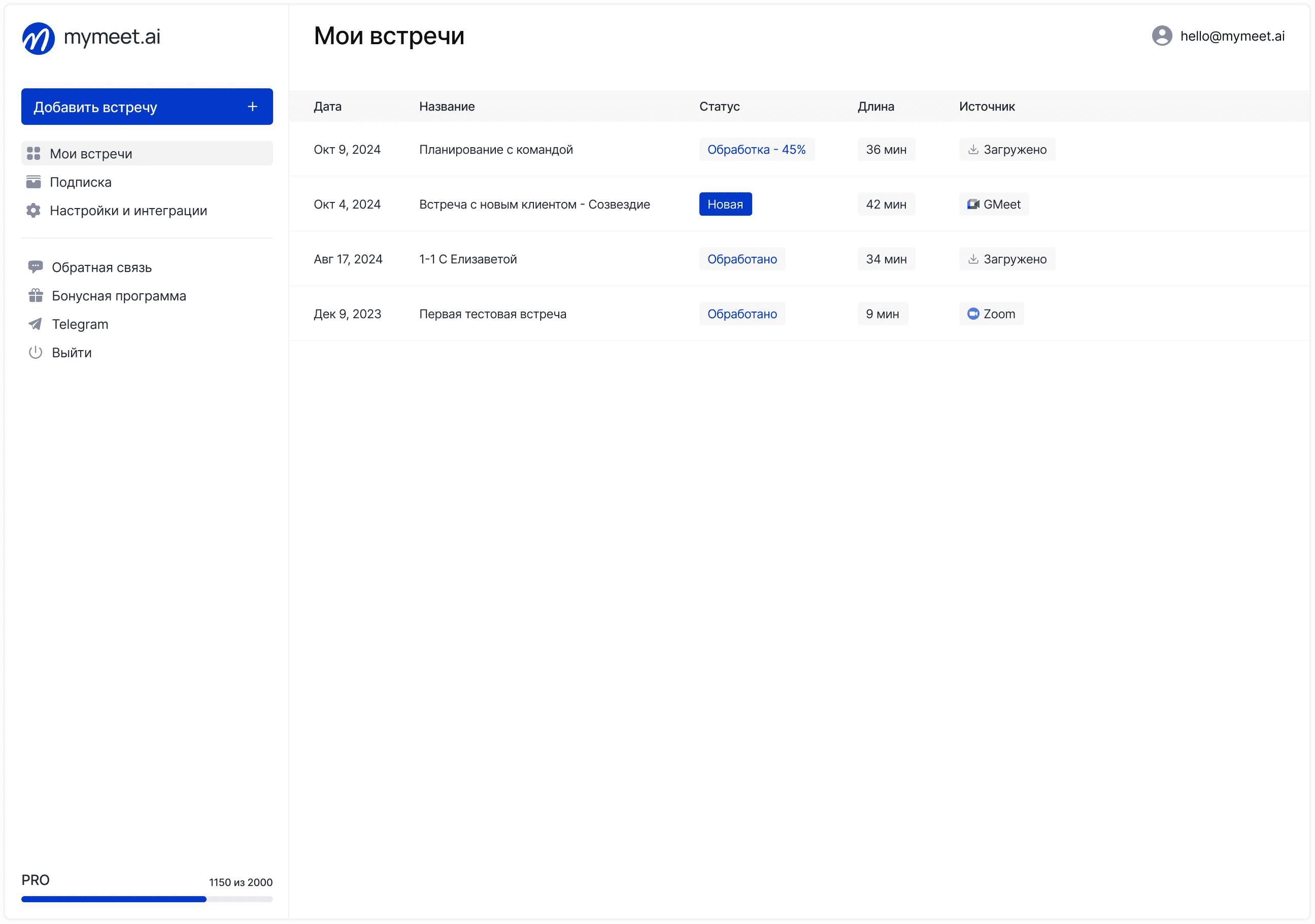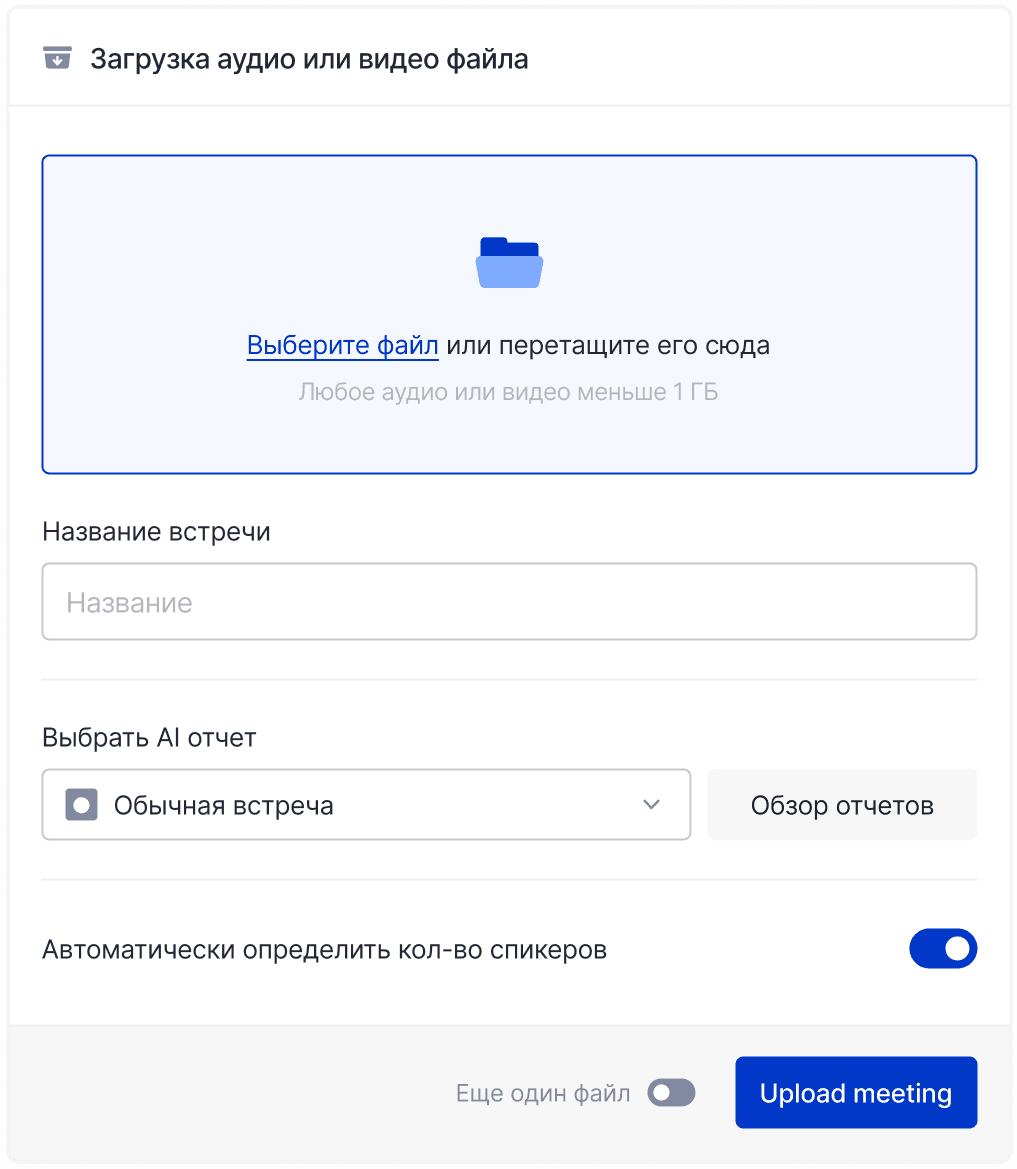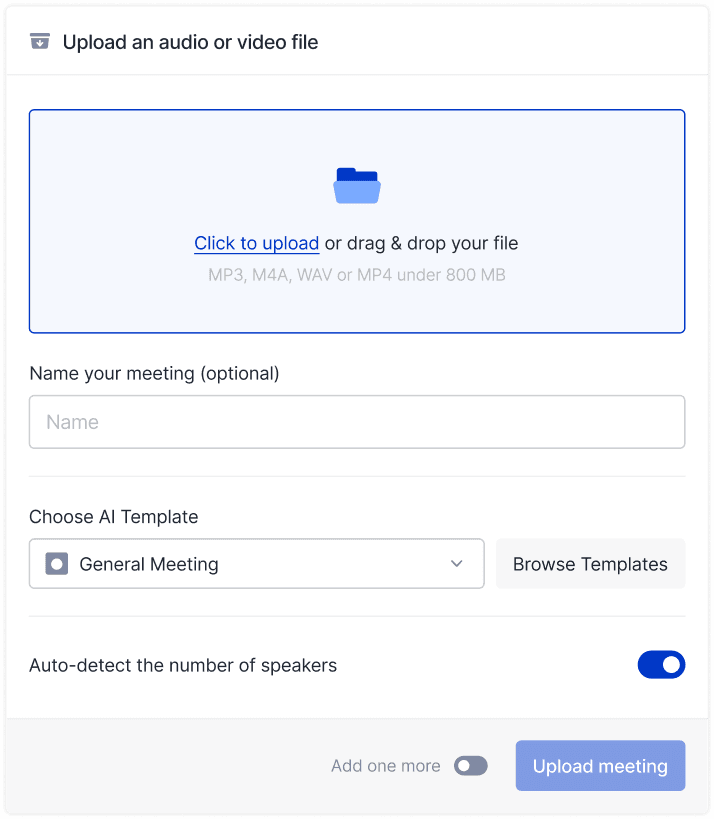Sales Mastery

Radzivon Alkhovik
Apr 3, 2025

"Want to earn six figures while working in your pajamas?" If you've ever stumbled upon a job listing for a remote closer, you've probably wondered what this job is all about and why everyone seems to be talking about it.
Over the past five years, I've watched the remote closer profession transform from a little-known niche into one of the most discussed career paths in the online sales world. And for good reason—many of my friends who have become successful remote closers are indeed earning $10,000 to $30,000 monthly without leaving home.
But let's be real. Things aren't as rosy as those "become a high-paid closer in 30 days" training programs promise. The path to genuine success in this field requires serious skills, psychological resilience, and a strategic approach.
Let's break down what this profession really entails and whether it's worth diving into.
What is a Remote Closer and What Do They Do?

Unlike a traditional sales manager, a remote closer works exclusively with warm leads—potential customers who have already shown interest in a product or service. Your task is to conduct the final negotiations and "close" the deal.
Picture a sales funnel. At the beginning, marketers attract potential customers, then SDRs (Sales Development Representatives) qualify them and schedule meetings. Only then do you—the closer—step in to have the decisive conversation.
"I never thought I wouldn't have to cold call strangers and convince them to listen to my pitch," says Mark, with whom I worked at the same company. "When I realized that as a remote closer, I'd only be talking to people already interested in the product, it completely changed my attitude toward sales."
Typical duties of a remote closer include:
Conducting presentations and product demonstrations via Zoom, Google Meet, or other platforms
Identifying customer needs and handling objections
Developing personalized offers
Negotiating terms and closing the deal
Maintaining customer relationships after the sale
The most interesting part? All of this happens remotely. You can work from home, a café, or a beach in Bali—as long as you have stable internet.
Essential Skills and Qualities for Successful Remote Closers
When I conducted interviews with potential closers for our company, it became obvious that technical sales skills are just the tip of the iceberg.
Communication Skills—Your Main Asset
You need to be able to quickly establish rapport with a stranger through a screen. This is harder than it seems. In remote negotiations, you're deprived of many nonverbal cues that help during in-person meetings.
"The first few months as a remote closer were a real test," admits Alex, one of the top closers in the online education niche. "I realized I had to compensate for the lack of physical presence with more expressive speech, active listening, and the ability to ask the right questions."
Psychological Resilience
Even when working with warm leads, you'll hear "no" much more often than "yes." The ability to maintain a positive attitude and not take rejections personally is a key skill.
My colleague James, who earns over $20,000 monthly closing deals in financial services, keeps a special rejection journal: "I record each rejection and extract a lesson from it. This turns disappointment into valuable experience."
Technical Skills
You need to be comfortable with CRM systems, video conferencing platforms, presentation tools, and electronic document solutions. A technical glitch during an important call could cost you a major deal.
Self-Discipline and Organization
Without office supervision, only your internal discipline determines how many calls you'll make each day. I've seen talented salespeople fail as remote closers precisely because they couldn't organize their workday effectively.
Advantages of a Remote Closer Career
When people ask me why I chose the remote closer path instead of a traditional sales career, I name three main reasons:
Genuinely High Income Potential
Most remote closers work on commission, receiving a percentage of each closed deal. This means your income directly depends on your results, not on a fixed rate.
"My record month as a remote closer brought me $47,000 in commissions," says Marina, who specializes in selling high-ticket coaching programs. "But be prepared that at the beginning of your journey, your income may fluctuate significantly from month to month."
Complete Geographic Freedom
Unlike many other "remote" professions that are still tied to certain time zones, remote closers can often choose comfortable working hours. This makes the profession ideal for digital nomads.
Constant Development and Growth
Every call is an opportunity to improve. You learn to understand people's psychology, perfect your persuasion skills, and expand your professional horizons.
A Typical Day in the Life of a Remote Closer
What does a professional remote closer's workday look like? I'll share my routine, though it may vary depending on your niche and company.
7:00–8:00 — Morning routine and preparation for the workday. Reviewing the meeting calendar, studying information about upcoming clients.
8:00–9:00 — Team call. Discussing current tasks, strategies, and exchanging experiences with colleagues.
9:00–12:00 — First block of client calls. Usually 3-4 detailed conversations.
12:00–13:00 — Lunch and short break.
13:00–16:00 — Second block of calls. Another 3-4 potential deals.
16:00–17:00 — Administrative work: updating CRM, sending proposals, signing contracts.
17:00–18:00 — Analyzing the day's results, planning for tomorrow, learning and development.
Of course, this is an idealized version. In practice, your day might include urgent calls, sudden schedule changes, and waiting periods when clients reschedule meetings at the last minute.
How to Become a Remote Closer: Step-by-Step Guide
If you've decided that a remote closer career is right for you, here's an action plan I recommend to my mentees:
Step 1: Study the Fundamentals of Sales

Start with classic sales books (SPIN Selling, Never Split the Difference, The Challenger Sale) and free online resources. Subscribe to YouTube channels of top sales experts.
"I spent three months studying sales techniques before looking for a remote closer job," says Victor, who now earns over $15,000 monthly. "This gave me an advantage over other candidates who rushed to start without having a foundation."
Step 2: Choose Your Niche

Analyze which field your knowledge and experience will be most valuable in:
SaaS and B2B technologies — stable demand and high commissions
Financial services — complex products but very high average deals
Educational programs — lower entry threshold for beginners
Consulting — good option for those with experience in a specific industry
Real estate — high commissions but requires specific expertise
Step 3: Gain Practical Experience
The best way to start is to find an entry-level position at a company that handles sales in your chosen niche.

"I started as a closer's assistant, just listening to calls from experienced colleagues and helping with administrative work," shares Dennis, who now works with premium clients. "After three months, I was trusted with my first independent client calls."
Step 4: Create Your Results Portfolio

Document all your successes: number of closed deals, conversion rate, positive client reviews. This will become your main argument when transitioning to higher-paid positions.
Step 5: Continuously Invest in Your Development

The best remote closers never stop learning. Regularly test new approaches, analyze your calls, and seek feedback from more experienced colleagues.
Typical Challenges and Difficulties in Remote Closer Work
To give you a realistic picture, let me tell you about the challenges most remote closers face:
Income Instability
Especially at the beginning of your career, your monthly earnings can fluctuate significantly. I had a month where I earned only $1,200, and the next one brought $8,700. It's important to have a financial cushion for the first 3-6 months of work.
Emotional Burnout
Constant rejections, pressure from performance targets, and the need to always be "at your best" can be psychologically draining. Many promising closers burn out due to a lack of effective recovery strategies.
"I almost gave up after the first year," admits Oleg, now one of the top closers in B2B technologies. "What saved me was finding a mentor who helped build a sustainable approach to work without self-torment."
Isolation and Lack of Team
Working remotely, you might feel disconnected from colleagues. This is especially noticeable if you're used to an energetic office environment.
Industries and Niches with High Demand for Remote Closers
Based on my experience and market observations, here are the most promising areas:
Fintech and Investment Products
Complex financial products require detailed explanation and objection handling—an ideal task for a qualified closer. Commissions here can range from 5% to 15% of the deal amount.
SaaS and B2B Solutions
Selling business software is one of the most stable niches. Companies are willing to pay high commissions (often 20-30% of the annual subscription cost) for attracting corporate clients.
High-Ticket Coaching Programs and Online Education
The distance learning industry is booming, and many educational companies are actively hiring remote closers. Commissions here usually amount to 10-20% of the program cost.
"I've tried working in different niches, but it was in selling educational programs that I found the perfect balance between product complexity and commission size," shares Anna, who earns about $12,000 monthly.
Comparing Work Models: Freelance vs. Company Employment
Each format has its pros and cons:
Working for a Company
Advantages:
Stable lead flow
Team training and support
Often includes base salary + commissions
Clear system and proven sales script
Disadvantages:
Less freedom in work schedule
Commission limitations (upper limit)
Mandatory sales targets
Freelance Closer
Advantages:
Complete freedom to choose clients and projects
Ability to work with multiple companies simultaneously
Potentially higher earnings
Absolute flexibility in choosing time and place of work
Disadvantages:
Need to find clients independently
Unstable lead flow
No team or support
All organizational issues are on you
"Start by working for a company," advises Michael, who went from novice to independent closer with an income of $25,000+ monthly. "Get basic skills there, and then you can experiment with freelancing when you have a reputation and your own client base."
Tips from Successful Remote Closers
I asked several top closers from my network to share their main secrets of success:
Svetlana, 5 years of experience, premium services niche: "The key to high sales is a deep understanding of client psychology. I spend the first 15 minutes of each call just trying to truly understand the person I'm talking to. This gives me a map of their true needs and fears."
Dmitry, 7 years of experience, B2B technologies: "Record and analyze every call. Weekly, I choose one successful and one unsuccessful conversation and analyze them in detail, noting key moments. This has led to a constant increase in my conversion rate."
Mark, 3 years of experience, financial sector: "Don't skimp on equipment and internet connection. I invested in a professional microphone, camera, and stable internet—this paid off within a month thanks to higher quality calls and fewer technical issues."
mymeet.ai: How AI Tools Help Remote Closers Boost Productivity

In recent years, artificial intelligence has seriously changed how remote closers work. One of the most useful tools for me has been mymeet.ai—a platform that turns each of your calls into a source of insights and improvements.

How does it work?
mymeet.ai records and analyzes your conversations with clients, highlighting key moments: objections, questions, signals of interest. The system automatically creates a call transcript with timestamps and highlights critical moments where the client showed the most interest or doubt.

"After starting to use mymeet.ai, my conversion increased by 22% in two months," says Arina, who specializes in selling marketing services. "I saw patterns I hadn't noticed before: certain phrases I used in successful calls, and trigger words that often caused objections."

Particularly useful features include:
Automatic highlighting of key moments — the system shows where the client showed the most interest
Comparative analysis — you can compare the structure of successful and unsuccessful calls
Speaking time ratio tracking — the ideal ratio is when the client speaks 60-70% of the time
Automatic task creation — the system highlights promises and follow-up actions
As a result, you get not just a conversation recording, but a detailed analytical report that becomes the basis for continuous improvement of your sales skills.
Conclusion
The remote closer profession is both a challenge and an opportunity. On one hand, it requires a serious set of skills, psychological resilience, and constant self-improvement. On the other, it offers financial freedom and flexibility unavailable in many other career paths.
My own journey in this profession began six years ago with a series of unsuccessful calls and minimal commissions. Today, I conduct training for beginner closers and continue to work with premium clients, earning several times more than what I was offered in top management positions at offline companies.
If you're attracted by the prospect of working from anywhere in the world, constantly developing professionally, and receiving compensation directly related to your skills and efforts—it's worth trying yourself in this profession.
Remember: the best remote closers aren't those who have mastered the art of manipulation, but those who truly help clients make the right decisions. In the long run, the winner is the one who creates value, not just closes deals.
Will the path be easy? Definitely not. Is it worth the effort? For me, the answer is a resounding yes.
FAQ: Frequently Asked Questions About the Remote Closer Profession
Do I need a college degree to become a remote closer?
Formally—no. I know successful closers who didn't even finish high school. But higher education, especially in marketing, psychology, or business, can provide a useful knowledge base. Practical sales skills and persuasion psychology are much more important.
How long does it take to start earning $10,000+ monthly?
It's very individual, but on average, with full-time dedication and active learning, you can reach this level in 1-2 years. I know exceptions where people reached this income in 6 months, but that's rare and usually in niches with very high average deals.
Can I work as a remote closer part-time?
Yes, many start this way, combining it with their main job. But keep in mind that achieving high results will require significant time for learning and practice.
What languages do I need to know to work as a remote closer?
English opens up the most opportunities, as it allows you to work with international companies. But there are niches where closers speaking other languages are in demand, including Russian, especially for working with clients from CIS countries.
How do I find my first remote closer job with no experience?
Start with entry-level positions: closer's assistant, SDR (Sales Development Representative), or consultation booking manager. These positions require less experience and give you the opportunity to learn from professionals. Look for vacancies on specialized platforms: LinkedIn, Indeed, Remote OK.
Do I need to find clients myself, or does the company provide them?
It depends on the work format. When working for a company, you're usually provided with qualified leads. If you work as a freelancer, finding clients may be part of your responsibility, although many freelancers collaborate with lead generators.
Are there certificates or courses that increase employment chances?
There are no specific certificates for the remote closer profession, but sales programs will be useful: Sandler Training, SPIN Selling, programs from major CRM systems (Salesforce, HubSpot). Often, companies value relevant experience and results more than formal certificates.
How do I deal with constant rejections and stay motivated?
This is one of the most difficult psychological challenges. It helps to change perspective: perceive each rejection as a step toward the next "yes" and as a learning opportunity. Establish a clear system of self-reward for actions, not just results. Find a community of closers for mutual support.
How do remote closers track their effectiveness?
Key metrics: call-to-sale conversion, average deal size, total sales volume, number of calls, ratio of successful deals to total contacts. Most experienced closers use CRM systems and specialized trackers to analyze their performance.
Is there seasonality in remote closer work?
Yes, most niches experience seasonality. For example, in B2B sales, there's often a slowdown in summer months and at the end of the year. In education, sales peaks usually occur in September and January. It's important to consider these cycles when planning your budget.
Radzivon Alkhovik
Apr 3, 2025







